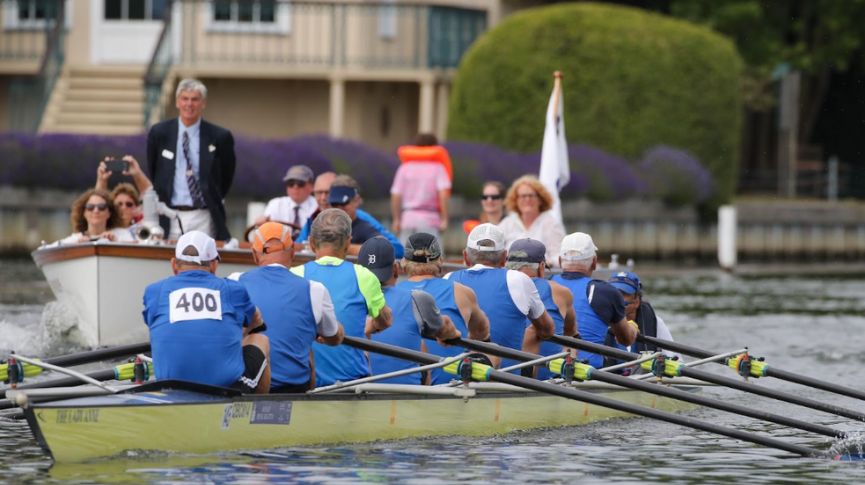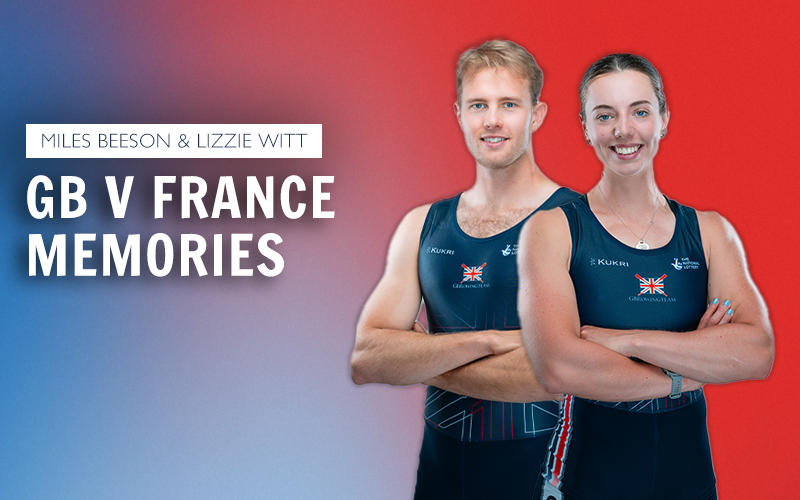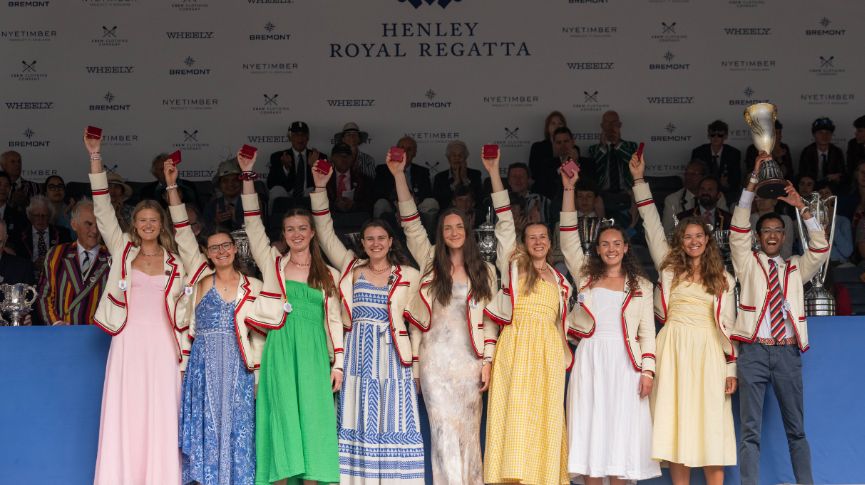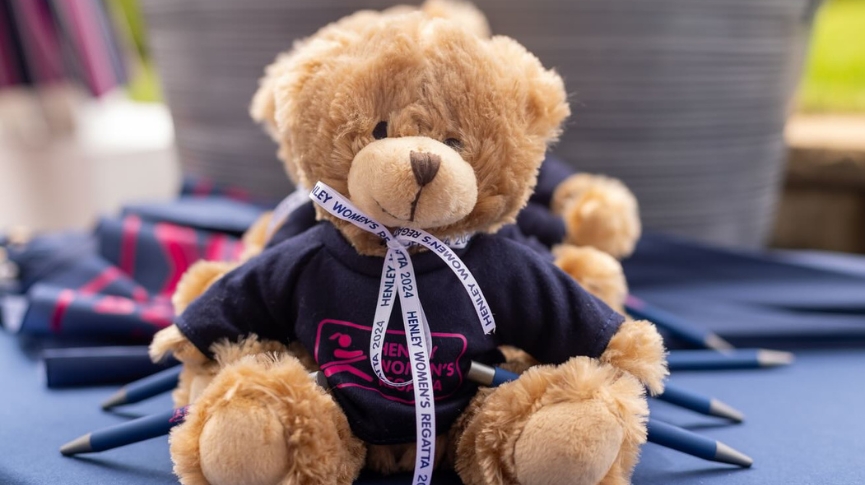Emily Craig’s Tokyo 2020 thank-you message clocks nearly 100,000 Twitter views
Olympian Emily Craig’s message of gratitude to the Japanese people for their hospitality has struck a chord on social media
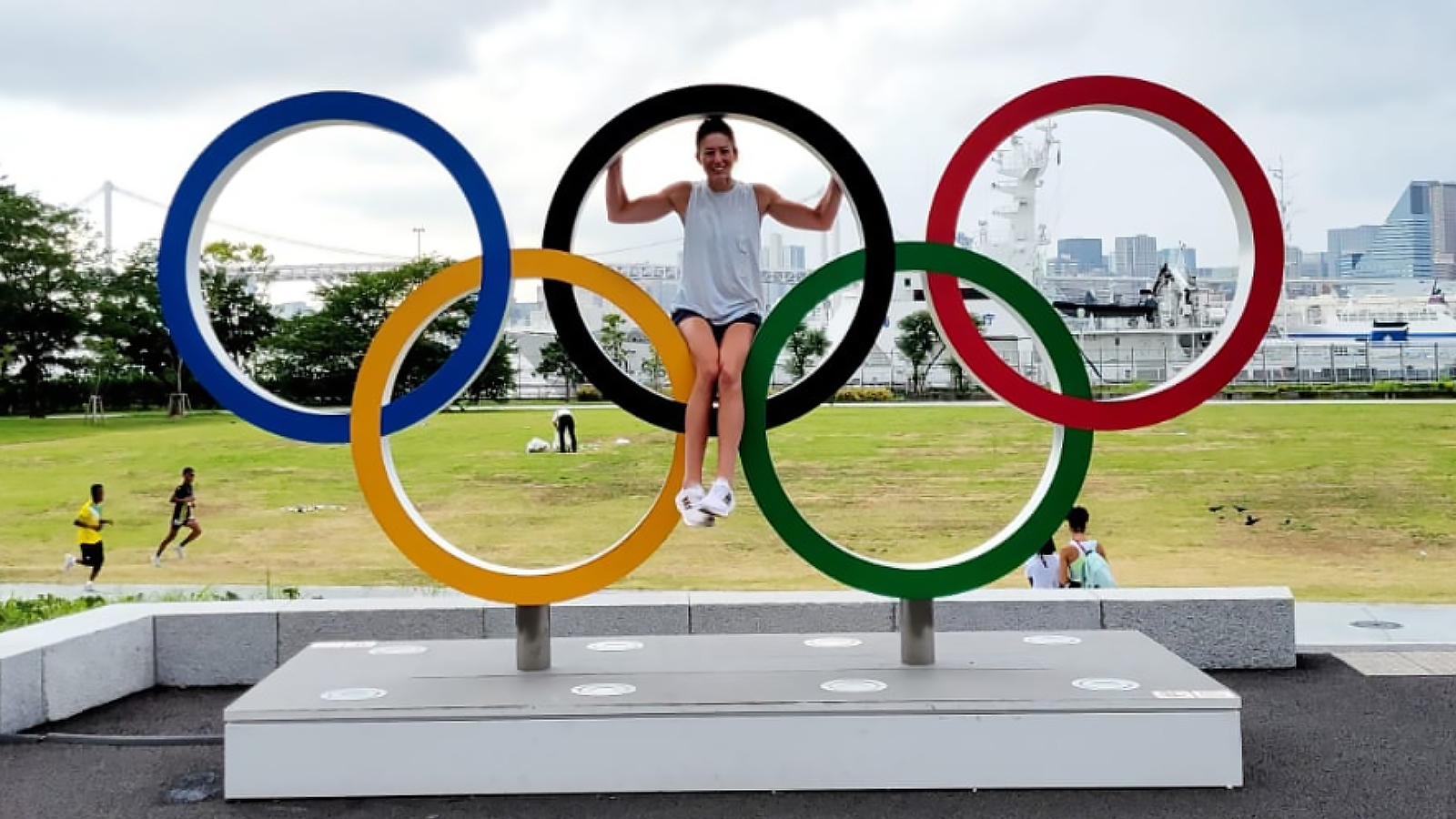
Emily Craig, who narrowly missed out on the Olympic podium in the lightweight double sculls with Imogen Grant, has thanked the Japanese people for being so welcoming in a video on social media that has resonated with the country’s sports fans.
Since being posted on Twitter last Friday, Emily’s message in Japanese has had an incredible 97,300 views with 442 replies and 12,400 likes, at the time of writing. The video has also been played on Japanese national television.
In between training for Henley Royal, Emily said: “It was quite surprising seeing the reaction after a week. It’s just nice knowing that it’s out there.
“I’m really pleased that I got to express how I feel and that it had the desired effect of hopefully affirming that hosting the Olympics and all the effort and sacrifice was the right thing to do.”
Emily’s sentiments have really struck a chord.
One reply to her message, from Taktak (@Parekun), said: “This is so touching. please come to Japan again once the pandemic is over. I became a big fan of GB team after watching so many heart-warming posts by many athletes during the Olympics. I really want to say ARIGATO to team GB.”
Another from Chieko @RoseSophia007 said: “Thank you for your heartful message in Japanese. Even under these circumstances, you performed wonderfully and impressed and encouraged us. We will never forget such a moving Olympics.”
With a masters in East Asian Art, Emily is passionate about Japanese culture and has been learning Japanese since 2015.
She said: “There was always a part of me that thought it would be quite cool if I could give a little interview in Japanese if I got to Tokyo. Then with the COVID stuff and my level of Japanese, something pre-written was more feasible, so I thought it would be quite nice.”
With three different alphabets and a different sentence structure from English, Japanese is a complex language to master.
“It’s taken five years to grasp the grammatical structure and how it would fit together,” said Emily. “There’s 2,000 basic kanji [characters] before you’re fluent.”
Her Japanese teacher has been equally surprised by the reaction on social media.
“I had a lesson yesterday and he told me I was on three news channels in Japan!”
Thank you to the people of Tokyo for welcoming our rowers and hosting us during the Games 🙌🇯🇵
Here's a short message from Emily Craig!
Bring on the Paralympics 👊 pic.twitter.com/wBdJdwn8Ig
— British Rowing (@BritishRowing) August 6, 2021
When the time comes to hang up her oars, she is keen to work with Japanese art and visited many temples and art galleries there on a trip in 2015.
“Initially pre-COVID, my plan had been to travel around Japan around springtime and go from the north right to the south. I think, as a country, it’s pretty much got everything you’d want from hiking, skiing, surfing, culture – everything – but I think that’s going to have to wait until COVID’s gone.
She added: “With the art, I really love that everything that’s functional is beautiful and everything that’s beautiful has a function. I think I’m really drawn to that – and a lot of it is quite tactile and are everyday objects that people would use. I enjoy that kind of human history behind objects.”
While she plans to put an image of the photofinish from her Olympic A final on her wall – “that’s how close I was to an Olympic gold” – she also has many sweeter memories of Tokyo2020.
“When we first got to the Olympic village, just walking around… And just this incredible view of the Tokyo skyline. Our block overlooked the Rainbow Bridge which was just amazing.
“Wandering around the path round the village and thinking, ‘Oh my god, I’m here!’. This is what I wanted from the age of 12 and I’m actually here and doing it, so that was pretty incredible.”
Of course, the action from Tokyo isn’t over for British rowers as we’ll see three more crews take to the water in just over two weeks at the Paralympics from Friday 27 August to Sunday 29 August. Find out more here.


